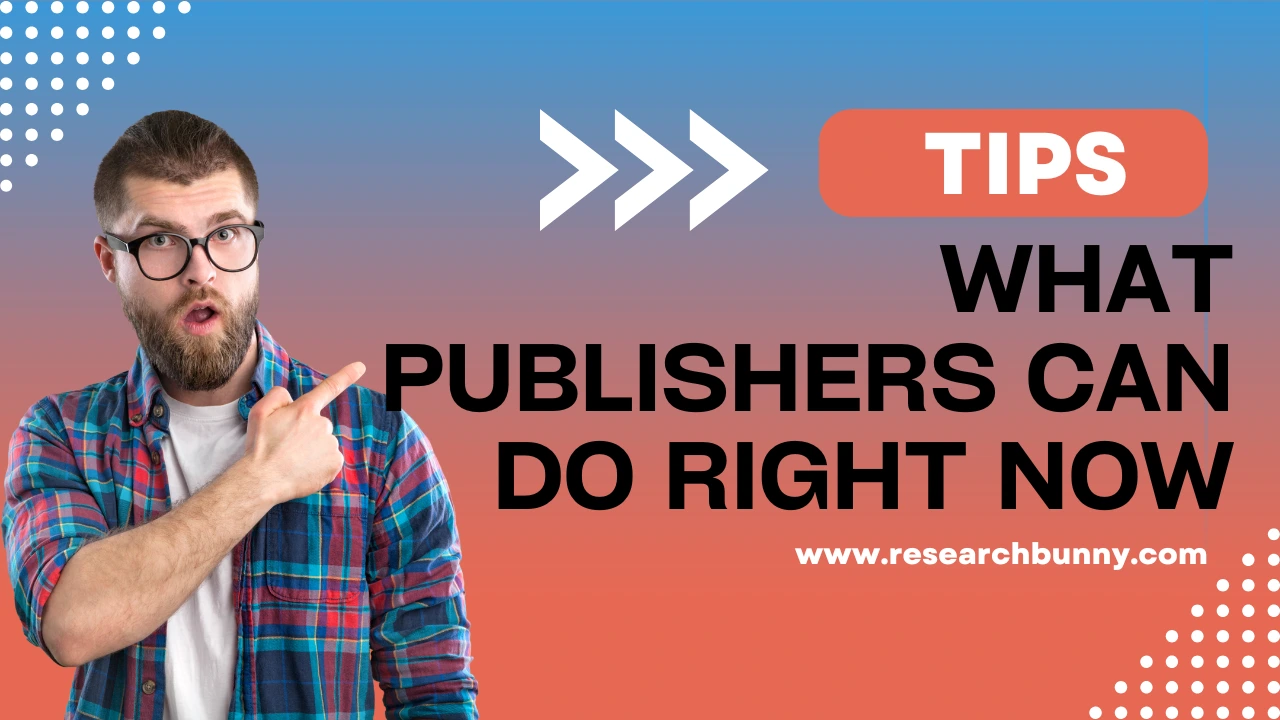
Best Ways to Stay Updated on Research in 2025 Without Going Insane
Staying current with research has always been a challenge, but in 2025, it can feel downright overwhelming. The sheer volume of new studies, preprints, and breakthroughs—spanning countless disciplines and languages—makes even the most dedicated scholars feel like they're drowning in information. Whether you’re a researcher, student, or a lifelong learner, keeping up without burning out is more important (and more complicated) than ever.
If you’re tired of tabs multiplying like rabbits or your email inbox overflowing with unread journal alerts, you’re not alone. The good news? There are smarter, saner ways to stay in the loop. Let’s explore the best strategies to stay updated on research in 2025—without losing your mind.
1. Curate, Don’t Consume Everything
The myth that you must read every new paper in your field is just that—a myth. Instead, focus on curation. Subscribe to a few high-quality newsletters or alert services that summarize the most important research. Tools like Google Scholar Alerts or ResearchGate can deliver tailored updates, but the key is to filter ruthlessly.
If not, give yourself permission to skip it. Information FOMO (fear of missing out) is real, but so is cognitive overload.
2. Embrace AI-Powered Summaries
Artificial Intelligence has transformed how we digest research. In 2025, AI-driven platforms can scan, summarize, and prioritize papers based on your interests. Tools like Elicit, Semantic Scholar, and emerging platforms use natural language processing to generate concise, accessible summaries, saving you hours each week.
Instead of slogging through dense abstracts, you can get the gist in minutes and decide if a deeper dive is warranted. Trust the algorithms—but also check their sources!
3. Leverage Multi-Lingual and Audio Formats
No one has time to read everything—especially in a second language. That’s why multi-lingual research summaries and audio briefs are game-changers. Listening to key updates during your commute or workout can turn dead time into productive learning.
Many platforms now offer research podcasts, briefings, or even AI-narrated summaries in multiple languages. This lowers barriers, reduces screen fatigue, and keeps you engaged—no matter your schedule or language background.
4. Join Smart Communities, Not Just Social Media
While Twitter/X, Reddit, and LinkedIn can surface trending research, the real value comes from focused, high-signal communities. Look for Slack groups, Discord servers, or discipline-specific forums where members share only the most significant updates, discuss implications, and crowdsource takeaways.
These spaces often provide context you won’t find in a headline or abstract. They’re also a great place to ask questions, clarify doubts, and build your professional network—all while keeping information overload in check.
5. Use ResearchBunny for Effortless, Human-Centered Updates
Here’s where ResearchBunny shines. This revolutionary AI-powered platform is designed to break down the barriers that keep 40% of research undiscovered—including jargon, language differences, and poor distribution. With AI-powered curation, ResearchBunny sifts through mountains of research to highlight only what truly matters to you. The multi-lingual audio briefs deliver concise, engaging summaries of key insights in under 15 minutes—so you can learn on the go, in your preferred language. Plus, ResearchBunny Pages let you showcase your own work in a beautiful, accessible format, while embeddable widgets bring research right to your personal or lab website. In short, ResearchBunny makes smarter discovery and faster insights a reality—for everyone. Check it out here.
6. Set Boundaries and Schedule “Update Time”
Even the best tools won’t help if you’re glued to research feeds 24/7. Protect your mental health by scheduling dedicated times to check for updates—maybe twice a week, or for 20 minutes each morning. Outside those windows, give yourself permission to disconnect.
Your focus and creativity thrive when you’re not constantly distracted. Remember: Staying updated is a marathon, not a sprint.
Final Thoughts
Staying updated on research in 2025 doesn’t have to be overwhelming. By curating sources, leveraging AI and audio, joining smart communities, and setting healthy boundaries, you can keep your finger on the pulse—without burning out.
Above all, remember you’re not alone in this struggle. The right tools and strategies can turn information overload into inspiration. Here’s to smarter, saner research discovery in 2025!
Skip the jargon. Hear key insights from real papers in 15 minutes or less in your language.

Get notified every time we post a new blog















